When I first encountered the name of the city of Stockholm, I little thought that I would ever visit it, never mind end up being welcomed to it as a guest of the Swedish Academy and the Nobel Foundation. At that particular time, such an outcome was not just beyond expectation: it was simply beyond conception. In the 1940s, when I was the eldest child of an ever-growing family in rural Co. Derry, we crowded together in the three rooms of a traditional thatched farmstead and lived a kind of den-life which was more or less emotionally and intellectually proofed against the outside world. It was an intimate, physical, creaturely existence in which the night sounds of the horse in the stable beyond one bedroom wall mingled with the sounds of adult conversation from the kitchen beyond the other. We took in everything that was going on, of course—rain in the trees, mice on the ceiling, a steam train rumbling along the railway line one field back from the house—but we took it in as if we were in the doze of hibernation. A historical, pre-sexual, in suspension between the archaic and the modern, we were as susceptible and impressionable as the drinking water that stood in a bucket in our scullery: every time a passing train made the earth shake, the surface of that water used to ripple delicately, concentrically, and in utter silence.
But it was not only the earth that shook for us: the air around and above us was alive and signalling also. When a wind stirred in the beeches, it stirred too an aerial wire attached to the topmost branch of the chestnut tree. Down it swept, in through a hole bored in the corner of the kitchen window, right on into the innards of our wireless set, where a little pandemonium of burbles and squeaks would suddenly give way to the voice of a BBC newsreader speaking out of the unexpected like a deus ex machina. And that voice too we could hear in our bedroom, transmitting from beyond and behind the voices of the adults in the kitchen; just as we could often hear, behind and beyond every voice, the frantic, piercing signalling of morse code.
We could pick up the names of neighbours being spoken in the local accents of our parents, and in the resonant English tones of the newsreader the names of bombers and of cities bombed, of war fronts and army divisions, the numbers of planes lost and of prisoners taken, of casualties suffered and advances made; and always, of course, we would pick up too those other, solemn and oddly bracing words, “the enemy” and “the allies.” But even so, none of the news of these world-spasms entered me as terror. If there was something ominous in the newscaster’s tones, there was something torpid about our understanding of what was at stake; and if there was something culpable about such political ignorance in that time and place, there was something positive about the security I inhabited as a result of it.
The wartime, in other words, was pre-reflective time for me. Preliterate too. Prehistorical in its way. Then as the years went on and my listening became more deliberate, I would climb up on an arm of our big sofa to get my ear closer to the wireless speaker. But it was still not the news that interested me; what I was after was the thrill of story, such as a detective serial about a British special agent called Dick Barton or perhaps a radio adaptation of one of Capt. W.E. Johns’s adventure tales about an RAF flying ace called Biggles. Now that the other children were older and there was so much going on in the kitchen, I had to get close to the actual radio set in order to concentrate my hearing, and in that intent proximity to the dial I grew familiar with the tones of foreign stations, with Leipzig and Oslo and Stuttgart and Warsaw and, of course, with Stockholm.
I also got used to hearing short bursts of foreign languages as the dial hand swept round from BBC to Radio Eireann, from the intonations of London to those of Dublin, and even though I did not understand what was being said in those first encounters with the gutturals and sibilants of European speech, I had already begun a journey into the wideness of the world. This in turn became a journey into the wideness of language, a journey where each point of arrival—whether in one's poetry or one's life—turned out to be a stepping stone rather than a destination, and it is that journey which has brought me now to this honoured spot. And yet the platform here feels more like a space station than a stepping stone, so that is why, for once in my life, I am permitting myself the luxury of walking on air.
I credit poetry for making this space-walk possible. I credit it immediately because of a line I wrote fairly recently encouraging myself (and whoever else might be listening) to “walk on air against your better judgment.” But I credit it ultimately because poetry can make an order as true to the impact of external reality and as sensitive to the inner laws of the poet's being as the ripples that rippled in and rippled out across the water in that scullery bucket fifty years ago. An order where we can at last grow up to that which we stored up as we grew. An order which satisfies all that is appetitive in the intelligence and prehensile in the affections. I credit poetry, in other words, both for being itself and for being a help, for making possible a fluid and restorative relationship between the mind's centre and its circumference, between the child gazing at the word “Stockholm” on the face of the radio dial and the man facing the faces that he meets in Stockholm at this most privileged moment. I credit it because credit is due to it, in our time and in all time, for its truth to life, in every sense of that phrase.
Seamus Heaney, from "Crediting Poetry," his 1995 Nobel Prize for Literature Acceptance Speech


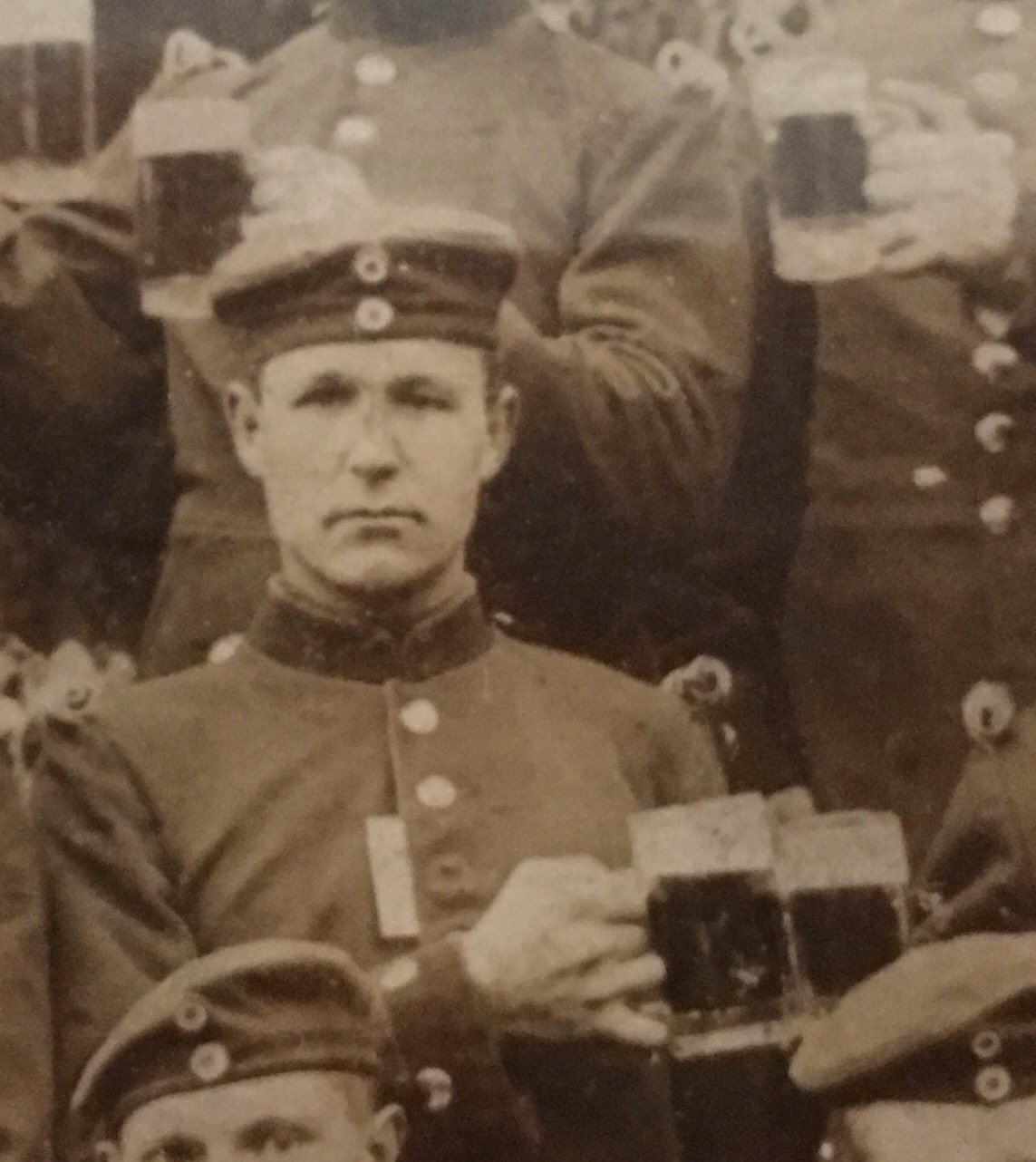







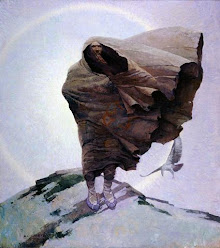













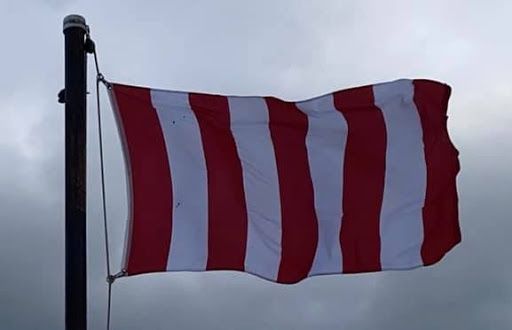
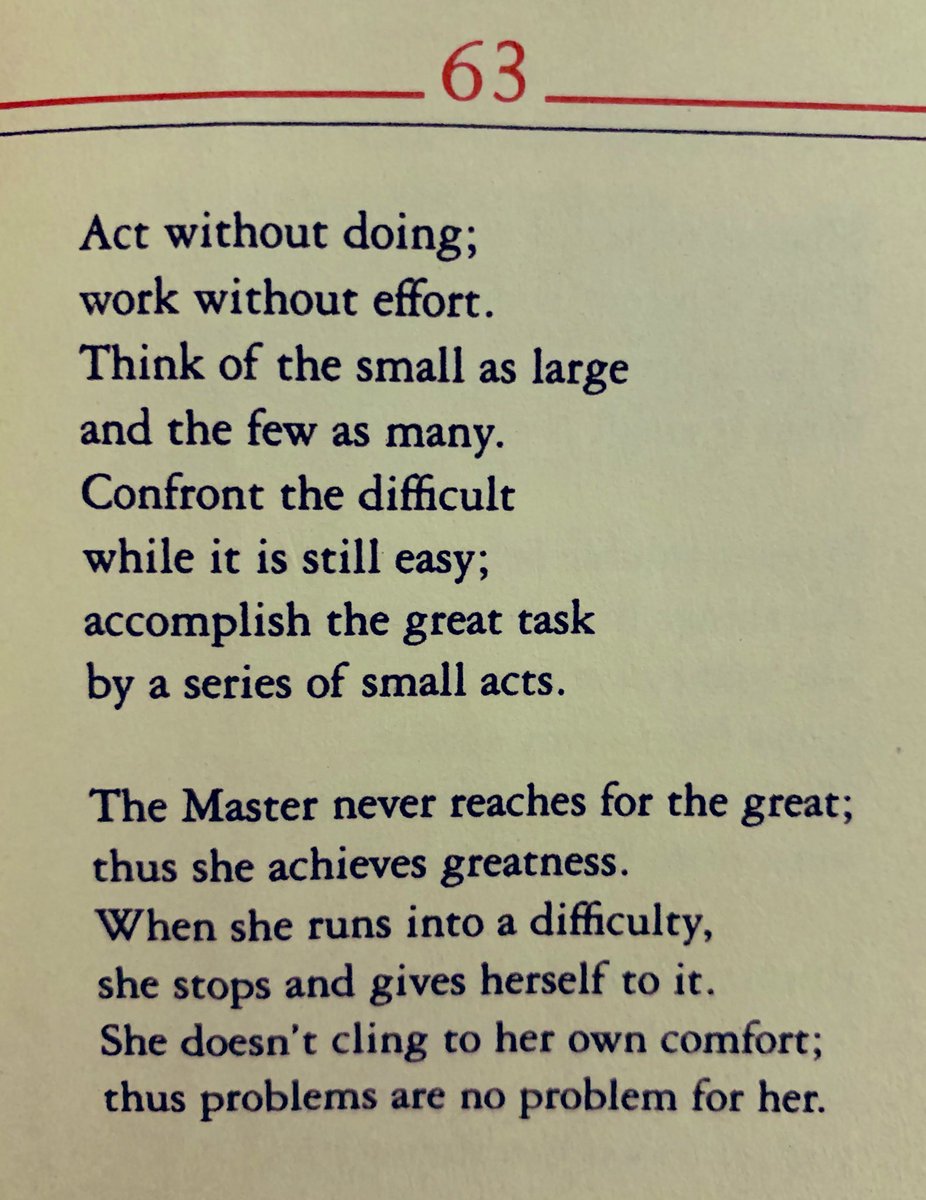









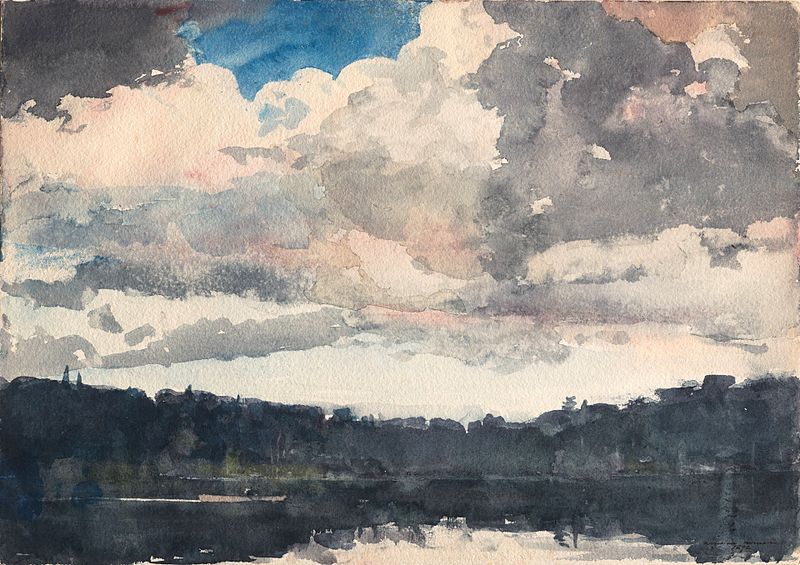





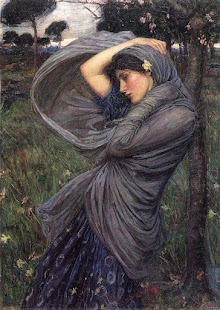












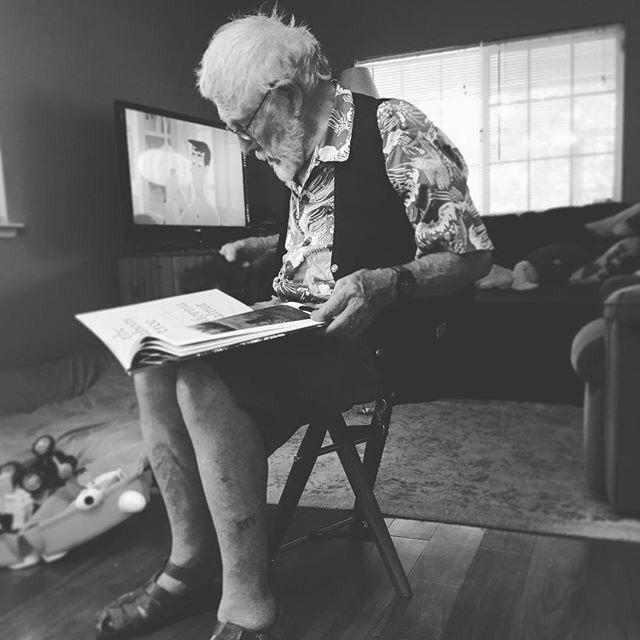

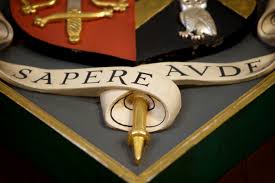


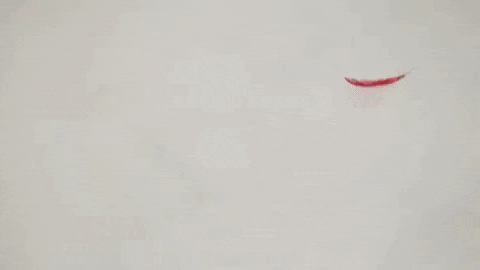



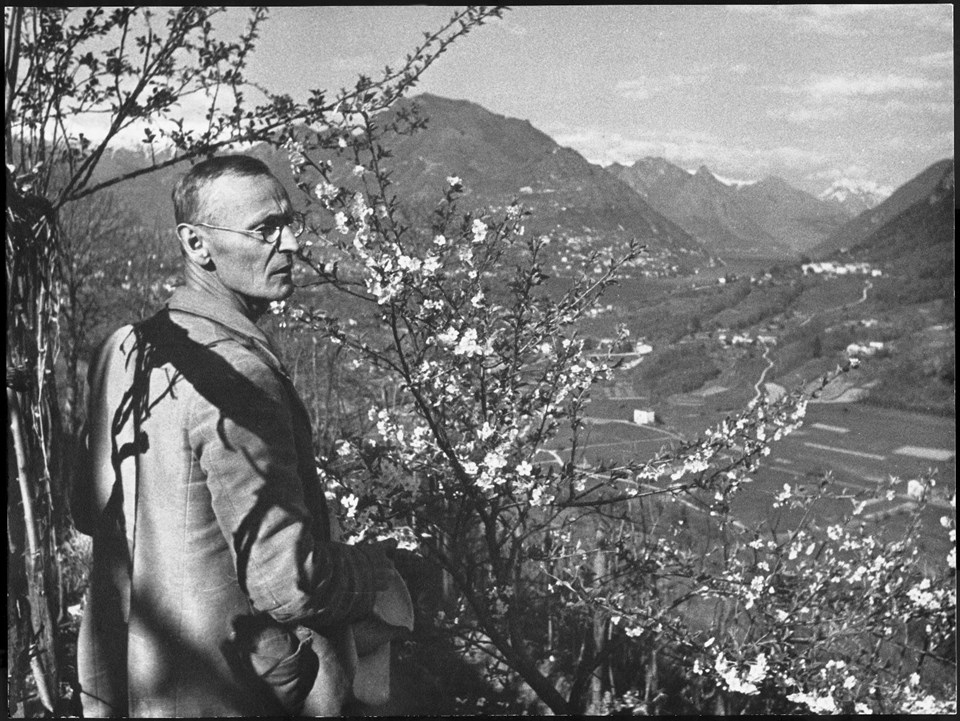


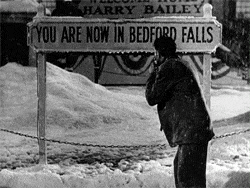







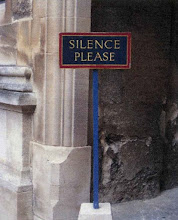









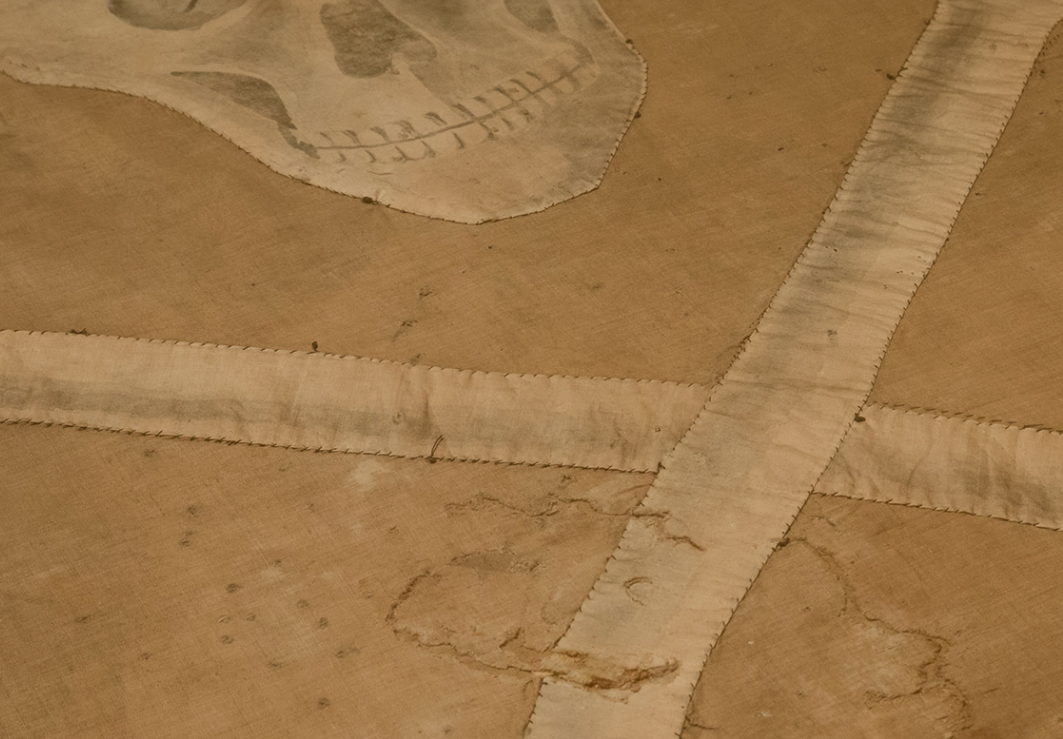

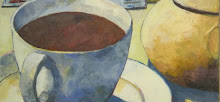
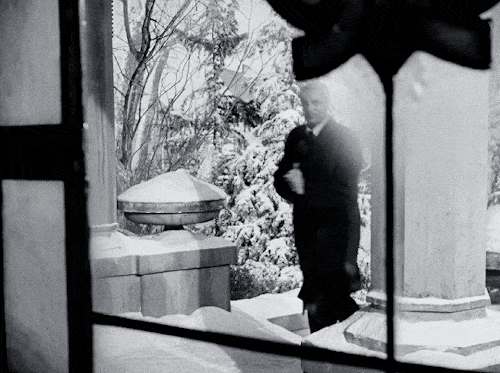
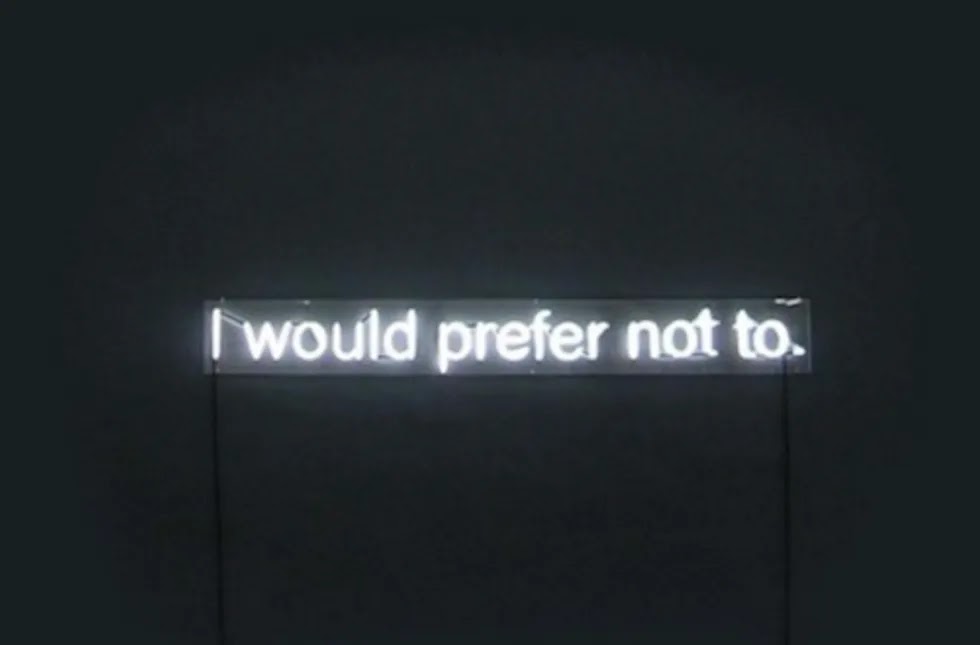

















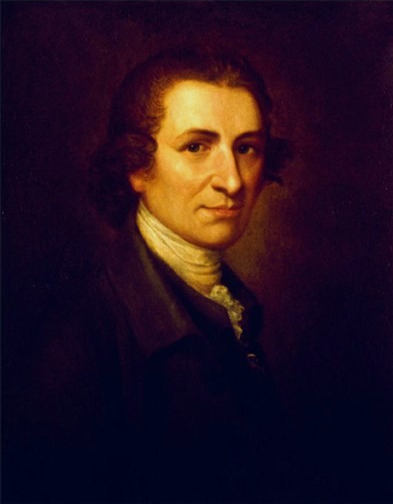


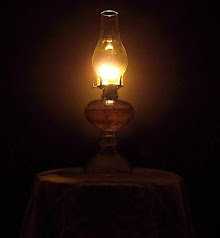







No comments:
Post a Comment